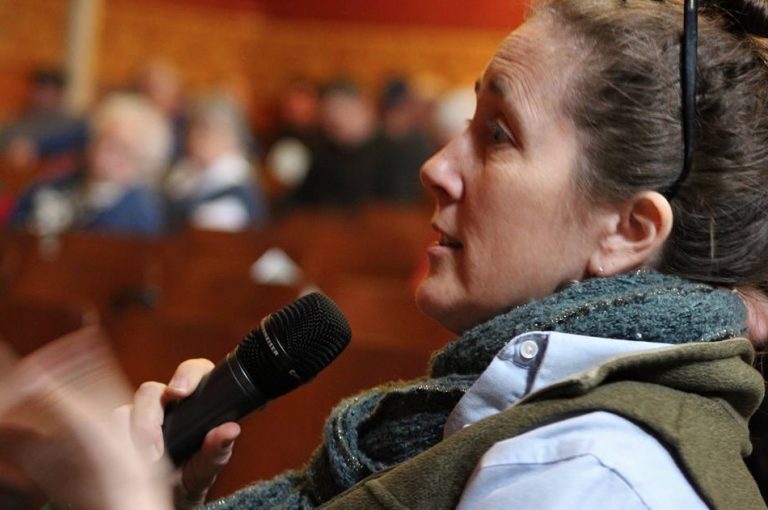Authors:
Published:
(This is a guest post from the amazing Jessamyn West, who we’re lucky to have with us this year as a Research Fellow.)
I live in a town of 4500 people. Like most towns in Vermont we have an annual Town Meeting. We vote by Australian Ballot on things like budgets, but there’s time at the end of the meeting for Other Business. This year we discussed whether Randolph should become a sanctuary town. Another topic was the annual publication of the names of people who hadn’t paid their taxes at the time of the town report’s publication. I can remember being a kid and seeing these names in my own hometown town report, often of our town’s poorest residents. I always found the “name and shame” aspect of it troubling, though I know that others feel this is a necessary sanction to insure that taxes get paid promptly.
At this year’s Town Meeting we discussed whether the town should continue to publish the names of people with delinquent taxes in the town report. Delinquent taxes make up about 3% of the town’s tax revenue. You can see the list yourself, it’s on page 35 of this 37 MB document. People had varying opinions of the positive or negative aspects of this practice. A few people said “We’ve always done it that way.” I rarely speak at Town Meeting–I feel my opinions are often already well-represented–but this time I asked to speak and said “We may have always done it this way, but the world has changed. The town now puts the PDF of the town report online which it has been doing since 2010. This means it’s potentially indexed by Google which has been indexing PDFs for the past few years. People who are late on taxes are now perpetually Googleable as scofflaws.”
 (Photo by Ramsey Papp. Used with permission.)
(Photo by Ramsey Papp. Used with permission.)
I should note at this point that I am aware that there are technical solutions for avoiding Google indexing that are not realistic within the scope of how our town manages their web content.
I went on to say that the people who show up on these lists are often people having trouble; two of the listings from this year are a man and his estate, clearly a person who has died. Most of the people in my area, especially my older, poorer and more rural neighbors, have almost no online footprint. This would give them one, a bad one. I concluded “We should not do this to them.”
The vote was close, the voice vote wasn’t conclusive so we had to do a standing vote. In the end we recommended that the selectboard look into discontinuing this practice. We might even wind up with some sort of compromise solution like the names being posted in the Town Hall but not on the internet. The fight for privacy, online and offline, is taking place everywhere. Make sure you speak up when you see a way that you could help.